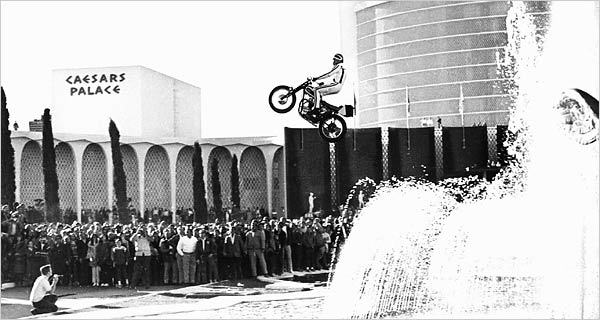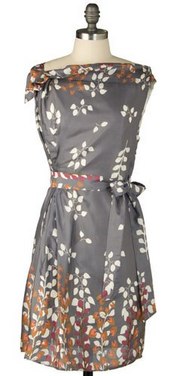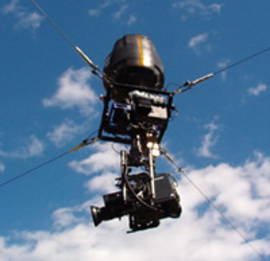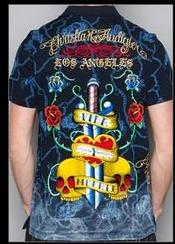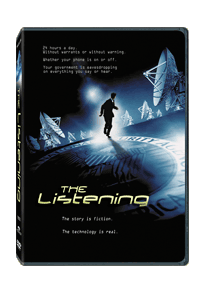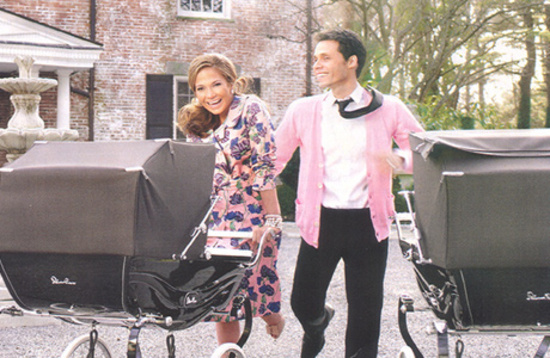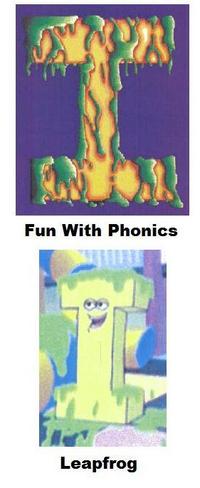Los Angeles, CA – The late Evel Knievel was a motorcycle daredevil whose crashes made him more famous than his successful jumps. And now, less than two years after his death, lawsuits continue regarding ownership of the copyrights in his pictures and film clips and infringement thereof. In 2005, Gary Schreiber sued Knievel in Nevada District Court for a declaration of validity of a 1982 written transfer of copyrights to pictures and films made by Knievel (story about the suit is here). While the Nevada lawsuit is still pending, Schreiber has now filed a copyright infringement suit, in the Central District Of California (Los Angeles Division), against American Broadcasting Company, ABC Television Network, Inc. and ESPN, Inc.
Plaintiff alleges that when Evel was in need to capital to resurrect interest in his career, Plaintiff purchased the rights to the film and the films themselves in 1982 via written agreement executed by Knievel. Plaintiff then produced two compilation films entitled “Evel Knievel’s Specacular Jumps” and “The Last of the Gladiators.” Schreiber alleges that at some time, Knievel once again sold or licensed the same rights – previously granted to Schreiber – to Defendants. Schreiber alleges that Defendant ABC used the copyrighted work in “David Blaine’s Drowned Alive” television show and Defendant ESPN used the copyrighted work during the “Impossible Jump by Mike Metzger” television show. The Defendants are accused of intentional and willful infringement because Defendants’ parent, The Walt Disney Company, has previously paid Schreiber to use the copyrighted Evel Knievel works. The case is Raymond Gary Schreiber v. American Broadcasting Company et al., CV09-03205 AHM (C.D. Cal. 2009).
 Los Angeles Intellectual Property Trademark Attorney Blog
Los Angeles Intellectual Property Trademark Attorney Blog


